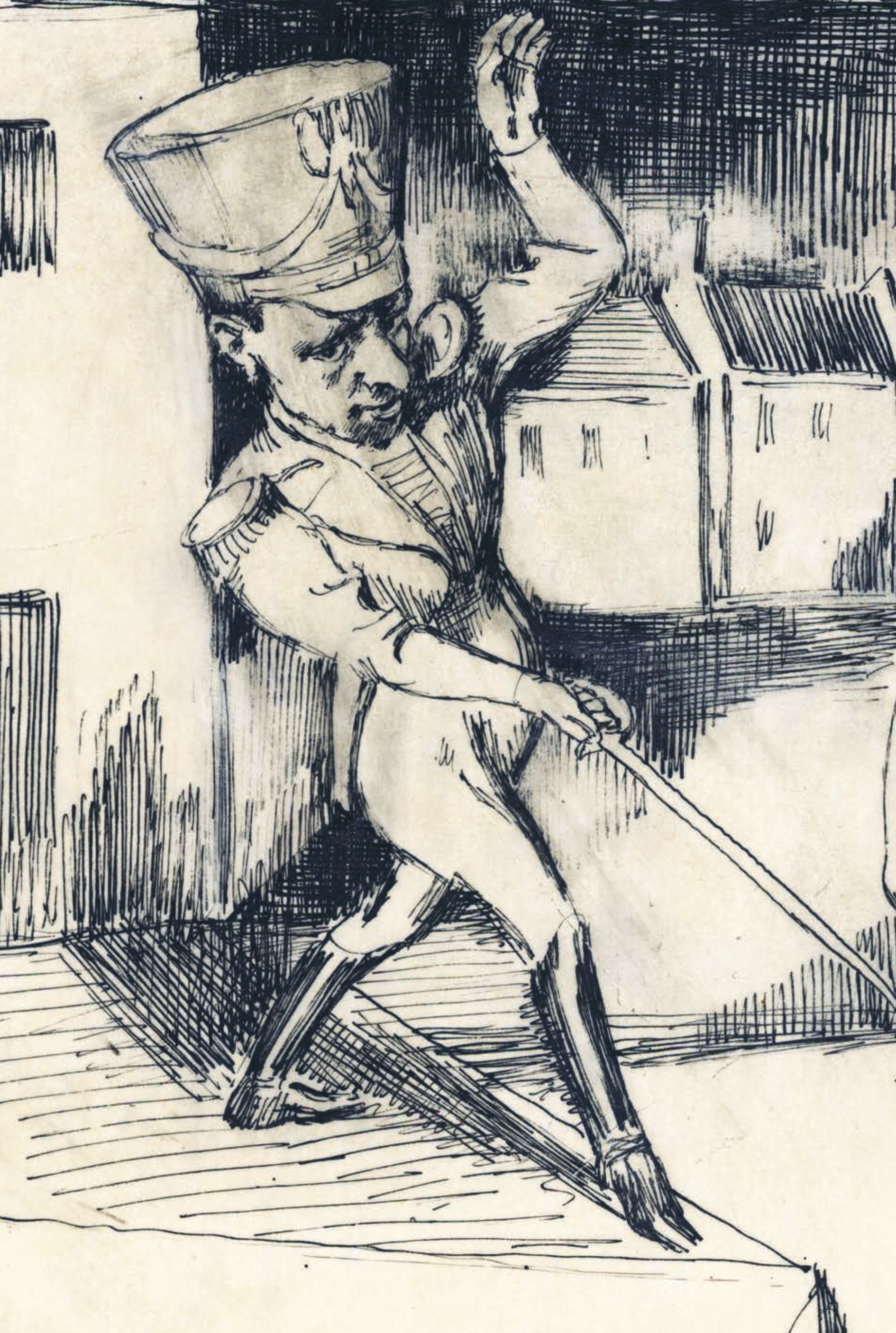Tak i nie
DOI:
https://doi.org/10.26881/sf.2022.19-20.02Abstrakt
Is writing – something that evades answers – always dead? Do we betray the literary text by abandoning interpretation, understood as “the desire to merge”? Or – to put it brutally – do we kill that text? Is the alternative only a mournful lamentation over the “graveyard of signs”? Michal Pawel Markowski is unshakably sure of his point: “Interpretation means that the mourning has been successfully completed, that the interpreter has gained distance from the lost text, that he has already cut himself off from the umbilical cord that connected him to it. Conversely, as long as the reader persists in mourning, he nullifies the chance for interpretation.” Agata Bielik-Robson also has no doubts when she refers to me as a “logophobic author”: “Someone who writes lightly and reluctantly at the same time; who can undoubtedly turn words around, but does not believe in their effectiveness; an author for whom words are certainly not as strong as death.” And if, as Markowski argues, a “unifying” interpretation is only possible outside the rhythm of mourning, its absence would have to be considered the perpetuation of a condition that in turn is dangerously close to the death drive. The lack of interpretation is an “apologia for dissipation.” And this, according to Markowski and Bielik-Robson, is a traumatic celebration of loss, a poisoning of Freudian melancholy. I’ll admit that I find it hard to agree with such a depiction of literature. Reading texts in this way resembles a rather mechanical surgical procedure. As if there is no way to be differently, affirmatively engaged with texts that do not lend themselves to a “merging” interpretation. Literature, however, shows that it is sometimes possible. Of course, a literature conceived not as a “land of strong interpretations” or an “agonistic legacy”, but precisely that literature which stands on the side of the dispersed, disturbed writing, not oriented towards “merging” answers – in this sense, non-responsive. Let’s call it not so much a “lesser “ but a “weaker literature.” For such literature – and criticism – the subject is not the most important thing. Because also the alternative to the subject is nothing. It is nothing – itis something. And sometimes – everything. That which is irreducible. A certain dynamic state. For example, in Schulz. The father’s face at five o’clock in the morning. The scent of Adela with which Joseph is intoxicated. Delicate human bodies in embarrassing photographs. The cat that washed in the sun. An intensity that doesn’t need a subject to exist.
The text was read on October 26, 2022 in the Council Hall of the Faculty of Philology at the University of Gdansk. It is an attempt to respond to the reviews by Agata Bielik-Robson, Michał Paweł Markowski, and Józef Olejniczak.

 Uniwersyteckie Czasopisma Naukowe
Uniwersyteckie Czasopisma Naukowe





